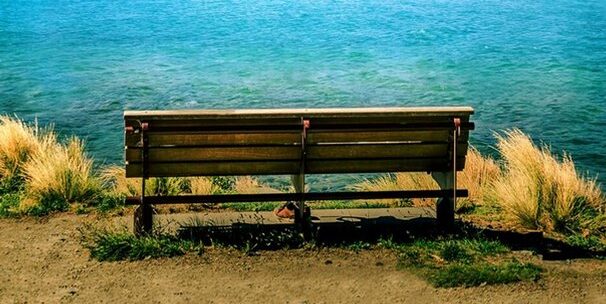Oliver Burkeman – Four Thousand Weeks (2021)
Hoewel de titel ná het lezen van het boek volstrekt logisch blijkt, doet deze het boek a priori tekort. Inhoudelijk veel meer filosofie dan ‘lifehack’. De auteur bespreekt het grote voordeel indien men zou accepteren dat het simpelweg onmogelijk is om alles te doen.

It turns out that when people make enough money to meet their needs, they just find new things to need and new lifestyles to aspire to; as a result, they work harder and harder, and soon busyness becomes an emblem of prestige. Which is clearly completely absurd, the entire point of being rich was not having to work so much.
Missing out is what makes our choices meaningful in the first place. Every decision to use a portion of time on anything represents the sacrifice of all the other ways in which you could have spent that time, but didn’t.
The core challenge of managing our limited time isn’t about how to get everything done – that’s never going to happen – but how to decide most wisely what not to do, and how to feel at peace about not doing it.
"The idea of the future, pregnant with an infinity of possibilities, is thus more fruitful than the future itself, and this is why we find more charm in hope than in possession, in dreams than in reality."
- Henri Bergson (French philosopher)
Despite our total lack of control over any of these occurrences, each of us has made it through to this point in our lives – so it might at least be worth entertaining the possibility that when the uncontrollable future arrives, we’ll have what it takes to weather that as well.
An ‘atelic activity’ has its value not derived from its telos, or ultimate aim. You shouldn’t be aiming to get a walk done; nor are you likely to reach a point in life when you’ve accomplished all the walking you were aiming to do.
The freedom to suck without caring is revelatory. Results aren’t everything. Indeed, they’d better not be, because results always come later – and later is always too late.
It’s alarming to face the prospect that you might never truly feel as though you know what you are doing, in work, marriage, parenting, or anything else. But it’s liberating, too, because it removes a central reason for feeling self-conscious or inhibited about your performance in those domains in the present moment: if the feeling of total authority is never going to arrive, you might as well not wait any longer to give such activities you all – to put bold plans into practice, to stop erring on the side of caution. It is even more liberating to reflect that everyone else is in the same boat, whether they’re aware of it or not.
